Panel & Workshop Series
About the Series
Free Speech, Hate Speech, Censorship: What should we regulate and why?
Friday, September 19 11am-12pm | Stevenson Hall 1301
Teddy Albiniak, Ph.D., San Francisco State University
Luoluo Hong, Ph.D., MPH, Georgia Institute of Technology
Alexis Litzky, M.A., City College of San Francisco
Kathleen Purcell, J.D., Stanford University
Have you ever felt censored – like you couldn’t say what you really wanted to say? Or have you ever encountered someone saying something to you that you felt should be censored? Free Speech is a complex topic, and it has become even more complex as we face regulation in social media, hate speech, and the spread of misinformation. During the course of this panel discussion, Dr. Albiniak will facilitate a discussion of 3 experts in Free Speech about their different perspectives and experiences. You’ll have the chance to learn about many different perspectives and watch as our panelists engage in respectful dialogue about their differing perspectives.
Student Workshops in Dialogic Communication
Friday, September 19: 12pm-1pm | Stevenson Hall 1301
Wednesday, October 8: 11am-2pm | Stevenson Hall 3413
Ashmi Desai, Ph.D., San Francisco State University
Christina Sabee, Ph.D., San Francisco State University
Dialogic communication focuses on creating space for deep understanding and respectful interaction among individuals with differing perspectives. Drs. Desai and Sabee will provide 2 workshops during the semester to foster skills in dialogic communication. The first workshop will happen immediately following the Free Speech panel discussion on September 19th. During this workshop, students will reflect on the panel discussion and the elements of dialogic communication that they observed. Drs. Desai and Sabee will provide an overview of dialogic communication skills with brief opportunities for practice. The second workshop will occur on October 8th and will provide students an opportunity to engage specifically in dialogic communication with experienced communication coaches. This deep dive into dialogic communication skills is vital preparation for student leaders who hope to engage respectfully with others about controversial issues. Students who complete these workshops will earn recognition for their practice in Dialogic Communication.
Staff & Faculty Workshop on Managing Difficult Conversations in the Classroom
Friday, October 24: 12pm-2pm | Stevenson Hall 3413
Christina Sabee, Ph.D., San Francisco State University
Ashmi Desai, PhD, San Francisco State University
Deep and respectful classroom discussion can be a wonderful experience for students, but controversial topics always run the risk of a challenging conversation. Whether you encounter students who react emotionally to each other in disrespectful ways, students who express themselves in a way that is disrespectful to others, or students who become angry or frustrated with class discussion, this workshop helps you develop the skills and practices to get these conversations back onto a respectful path, and to help students learn to express themselves respectfully in the future. We will work specifically on de-escalation, validation and reframing, and reflexive practice for both instructors and students, so that you and your students can get the most out of important class discussions.
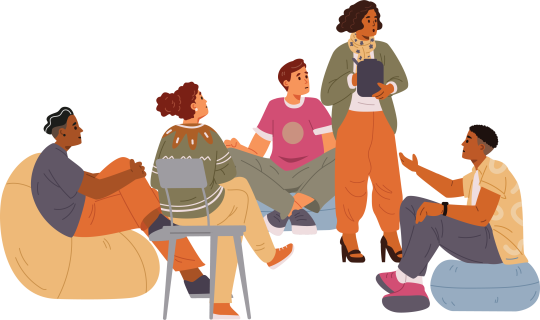
Workshop Registration
Register for the student, faculty, and staff workshops below. Advance registration is recommended as space is limited.
Students:
- Enrollment will be capped at 40 participants (additional participants will be wait listed).
Faculty & Staff:
- Enrollment will be capped at 30 participants (additional participants will be wait listed, and additional workshops may be scheduled depending on demand).
REGISTER HERE
Questions?Email: [email protected] Call: 707-664-2112 |
Meet the Panel
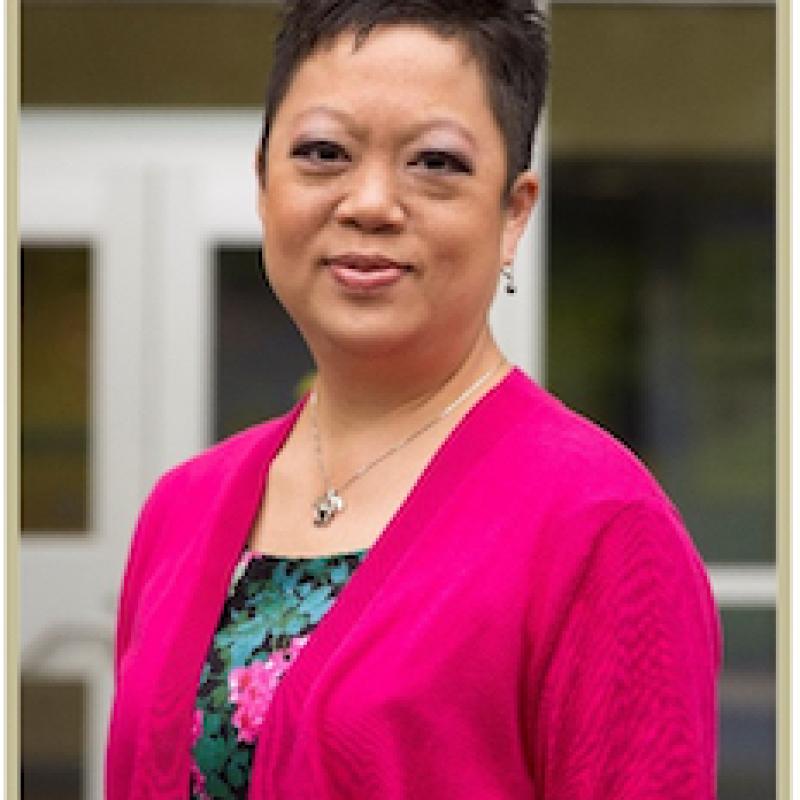
Luoluo Hong, Ph.D., MPH
Georgia Institute of Technology
The eldest daughter of Taiwanese immigrants, Luoluo (pronounced “lō-lō”) Hong joined the Georgia Institute of Technology as the inaugural Vice President for Student Engagement & Well-Being on August 1st, 2021. To this role, Luoluo brings over 32 years of experience in higher education spanning seven campuses. She came to the Institute from the California State University system where she served for seven years – first as the Vice President for Student Affairs & Enrollment Management and Title IX Coordinator at San Francisco State University (2014-2019) and then as the Associate Vice Chancellor for Student Affairs & Enrollment Management in the System Office (2019-2021).
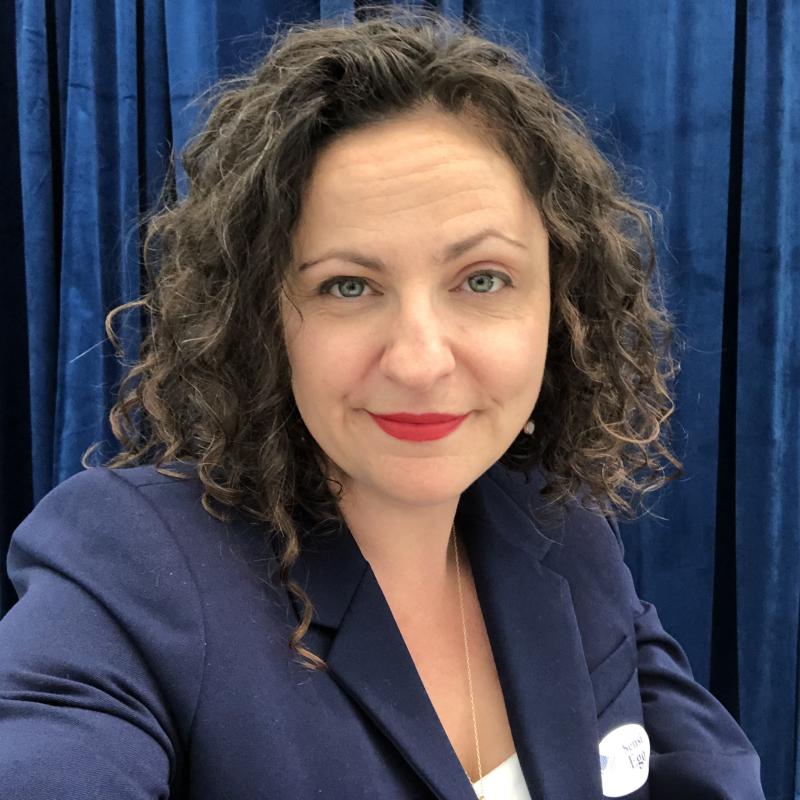
Alexis Litzky, MA
City College of San Francisco
Alexis Litzky is Professor of Communication Studies and Co-Director of Forensics at City College of San Francisco (CCSF). With over 15 years of faculty leadership and shared governance experience in California community colleges and universities, Professor Litzky is a trained facilitator and leadership coach that offers courses in public speaking, argumentation, and rhetorical analysis. Her work focuses on fostering civil discourse, critical inquiry, and inclusive dialogue—skills she helps students and communities apply to complex public issues such as free expression and questions of public policy.
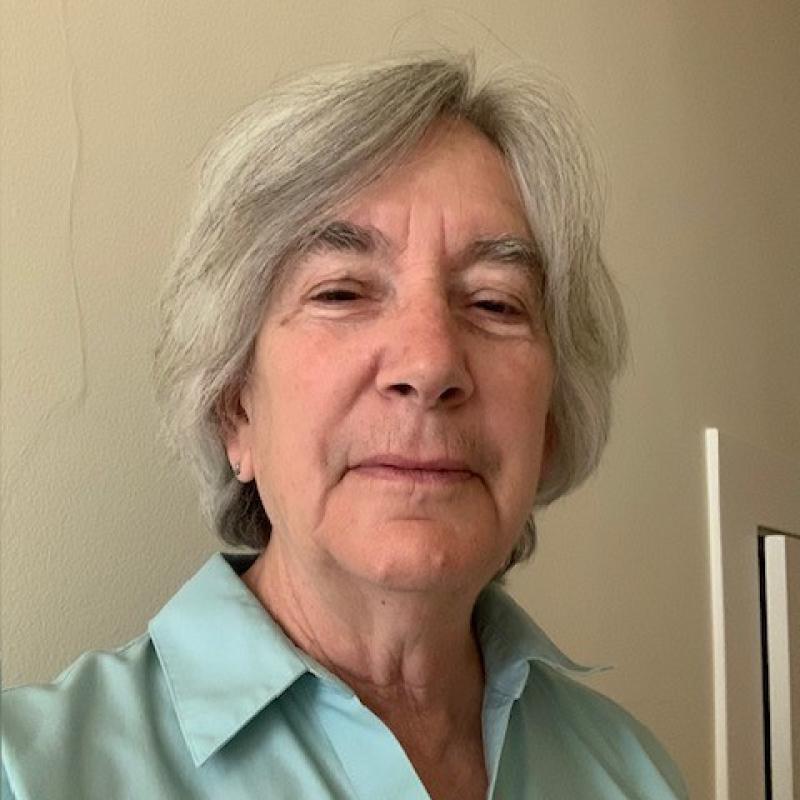
Kathleen Purcell, JD
Stanford University
Kathleen Purcell is an attorney and educator. She received her BA in history and law degree from Stanford University and her teaching credential through Dominican University. Her law practice consisted largely of civil and criminal litigation with a focus on civil rights and civil liberties, election law and public policy issues. Ms. Purcell has been involved in many aspects of K-12 education with both public and private institutions. Areas of teaching have included law, history, and ministry. She has also developed a variety of experience-based programs to expand students’ understanding and world views, including programs focused on community service, college and career, and support for international students studying in the U.S. For many years, both her paid work and her volunteer work have focused on youth and communities in need, developing and implementing programs that emphasize community building, leadership, and social justice values.
Meet the Facilitators
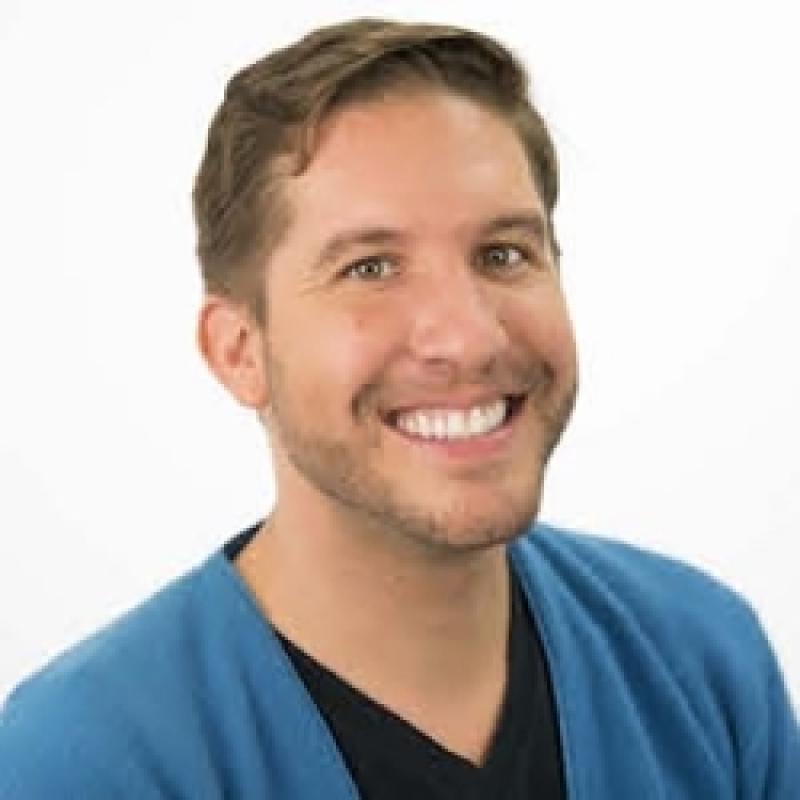
Teddy Albiniak, PhD
San Francisco State University
Bio coming soon.
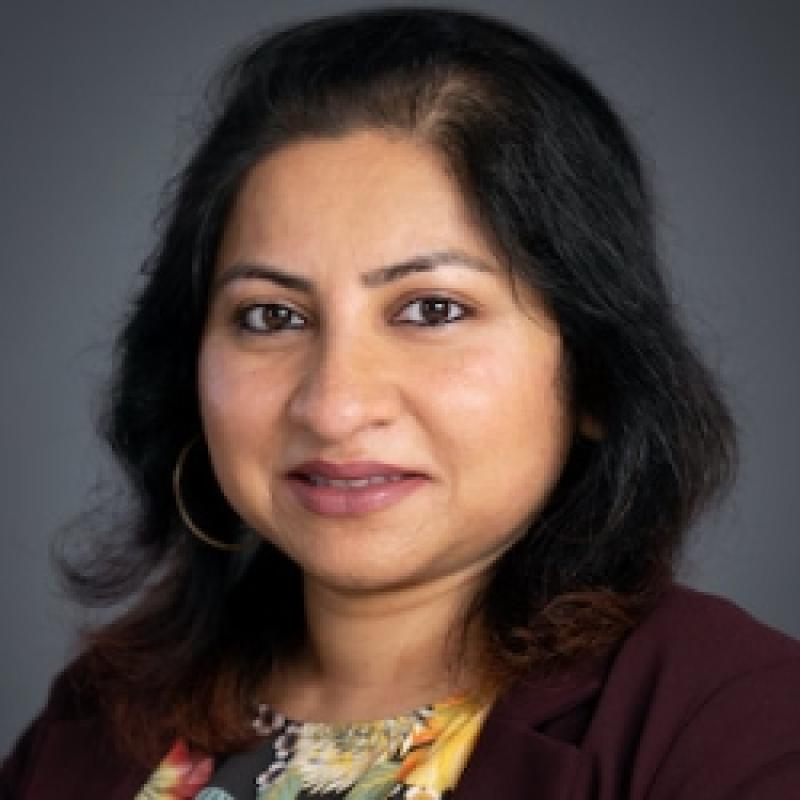
Ashmi Desai, PhD
San Francisco State University
Bio coming soon.
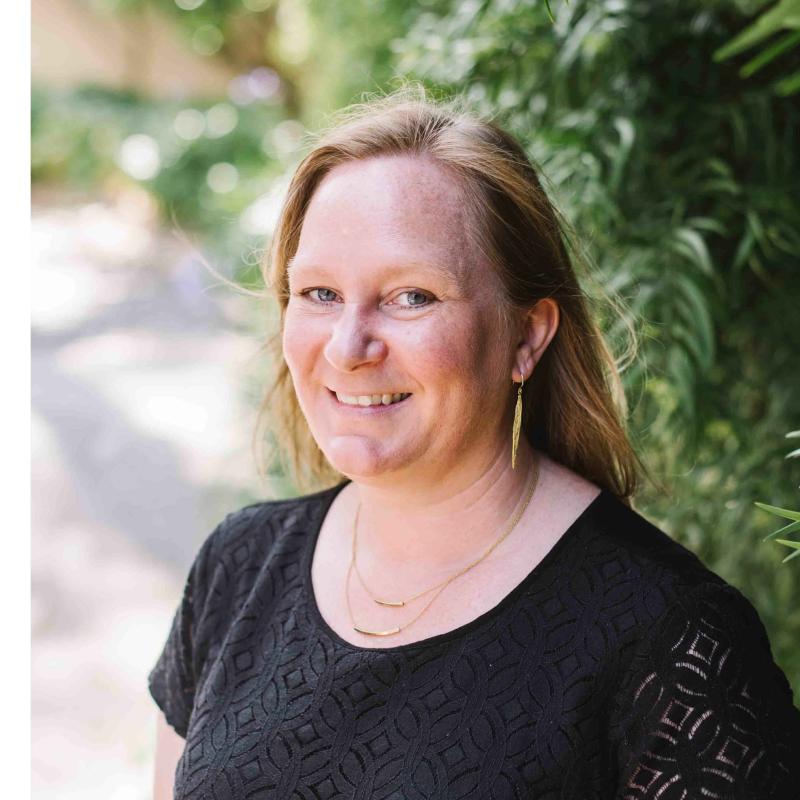
Christina Sabee, PhD
San Francisco State University
Dr. Sabee is a Professor and Chair of the Communication Studies Department at San Francisco State University. She also serves as President of the Board of Directors of Community Boards of San Francisco, the oldest Community Mediation Center in the United States. A long-time practitioner of conflict management and transformation practices, Dr. Sabee has taught a variety of courses, trainings, and workshops for mediation, conflict coaching, active listening, de-escalation, and more. Her approach focuses on developing a deep understanding of the individuals with whom we interact through active and respectful questioning, listening, and reframing.


